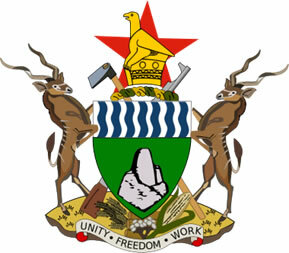With the return of Luiz Inácio Lula da Silva (PT) to the presidency, many Brazilian businessmen have renewed their efforts in the face of the advancement of international retail platforms in Brazil.
The retailers in the country say that the competition is unfair, because the international platforms do not pay the same taxes and labor costs and, therefore, are able to offer lower prices to consumers.
With that, they accuse competitors of practicing “digital smuggling” and tax evasion, by supposedly taking advantage of loopholes in the rules and defrauding sales to avoid charging taxes. O Ministry of Finance told BBC News Brasil that “the proposals will be presented after internal validation by the government”.
AliExpress, Shein and Shopee
see more
Google develops AI tool to help journalists in…
Unopened original 2007 iPhone sells for nearly $200,000; know...
AliExpress, Shopee and Shein are popular e-commerce platforms around the world with a huge selection of products at competitive prices. According to Alberto Sorrentino, specialist retail consultant and founder of Varese Retail, the advance is a reflection of trade agreements closed between countries.
As a result, international platforms now have websites and apps in Portuguese, assisting consumers Brazilians, improved logistics, carried out advertising campaigns and began to offer products from local vendors.
“This increased confidence in these platforms, and the consumer started to like and become attached to them. Then, it escalated very quickly”, says Sorrentino.
Main complaints from retailers
According to Brazilian retailers, in addition to having to pay taxes and labor costs that unpaid international competition, platforms would be using a loophole in the law to avoid charging of taxes.
Federal deputy Marco Bertaiolli (PSD-SP), president of the Mixed Parliamentary Front of Entrepreneurship, said that in the past the goods that entered Brazil without paying taxes came from Paraguay.
“Paraguay switched to platforms after international sellers, mainly from China, discovered a tax loophole,” he said.
Enforcement is another problem, according to national retailers. This is because a report produced by businessman Luciano Hang, president of the Havan chain, states that less than 2% of products that pass through customs are inspected. Hang is one of the businessmen at the forefront of the allegations.
Lover of movies and series and everything that involves cinema. An active curious on the networks, always connected to information about the web.

